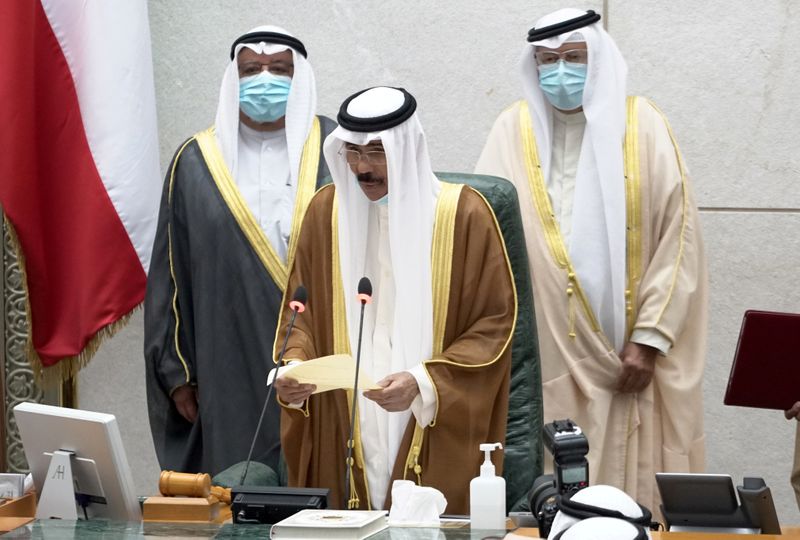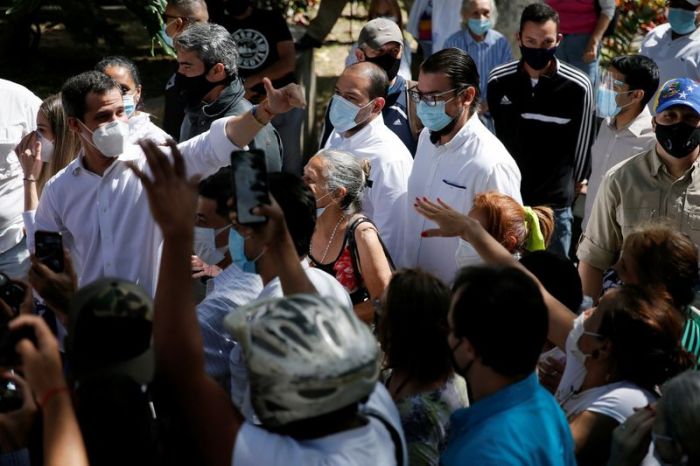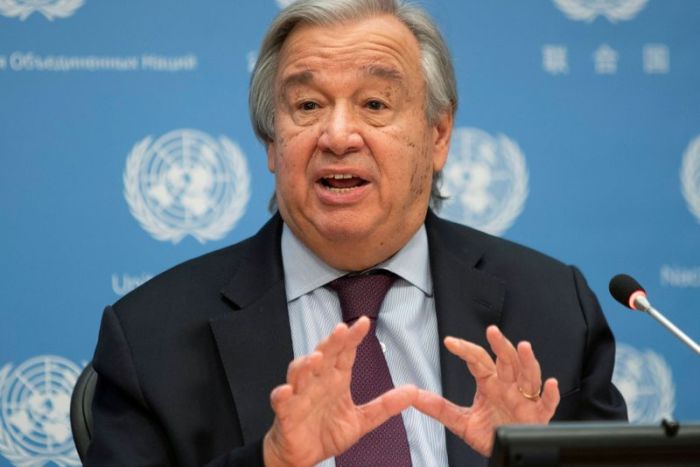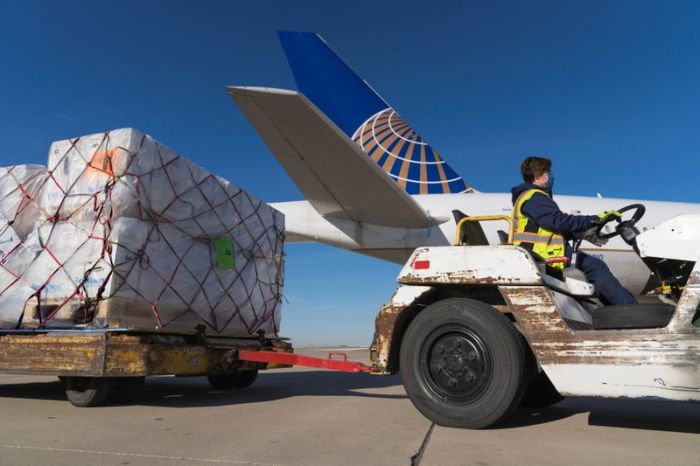KUWAIT (Reuters) – Kuwait’s emir on Monday approved a new cabinet that included new ministers of oil and finance for the OPEC member state which is mired in its worst economic crisis in decades.
The previous government had resigned following parliamentary polls this month in which opposition candidates made gains and around two thirds of lawmakers lost their seats.
A priority of the new government will be to boost state coffers badly hit by the coronavirus crisis and low oil prices, including by trying to end legislative deadlock over a bill that would allow Kuwait to tap international debt markets.
The government communications office said Khalifa Hamade was named finance minister. He was a former undersecretary at the ministry.
Mohammad Abdulatif al-Fares, who sits on the board of Kuwait Petroleum Corporation, was named oil, electricity and water minister.
Kuwait’s oil policy, which is set by a supreme petroleum council, and foreign policy, which is steered by the emir, are unlikely to change under the new 15-member government.
The Gulf Arab state’s economy, which is worth nearly $140 billion, is facing a deficit of $46 billion this year.
Emir Sheikh Nawaf al-Ahmad al-Sabah, who took the reins in September following the death of his brother, has reappointed Sheikh Sabah al-Khalid al-Sabah as prime minister.
Sheikh Sabah, who took the oath of office in front of the emir on Monday, called for united efforts “and especially by the National Assembly” to address challenges facing Kuwait.
Kuwait, a U.S. ally, has the most open political system in the Gulf region, with a parliament wielding power to pass legislation and question ministers, although senior posts are occupied by ruling family members.
Foreign Minister Ahmad Nasser al-Sabah also retained his post in the new cabinet.
Hamad Jaber al-Ali al-Sabah was named defense minister. The interior ministry was given to an Al Sabah family member after having been held by a minister from outside the ruling family in the previous cabinet.
(This story adds dropped words in headline.)
(Reporting by Ghaida Ghantous and Aziz El Yaakoubi in Dubai; Editing by Raya Jalabi, Gareth Jones and Louise Heavens)

























